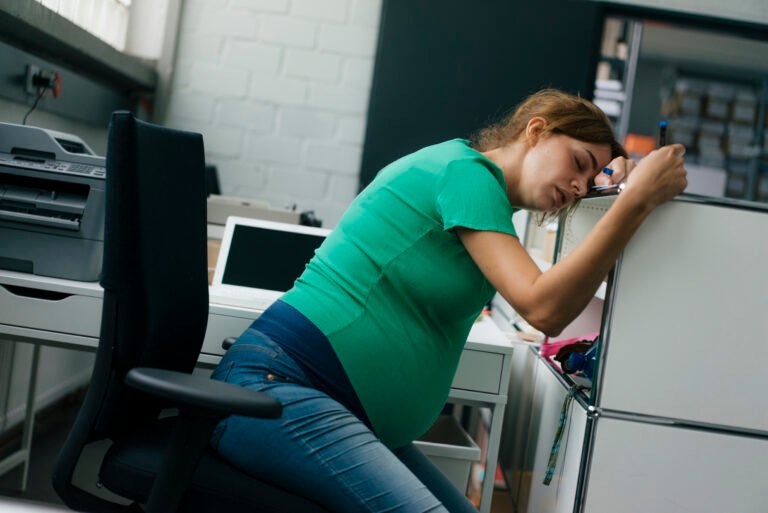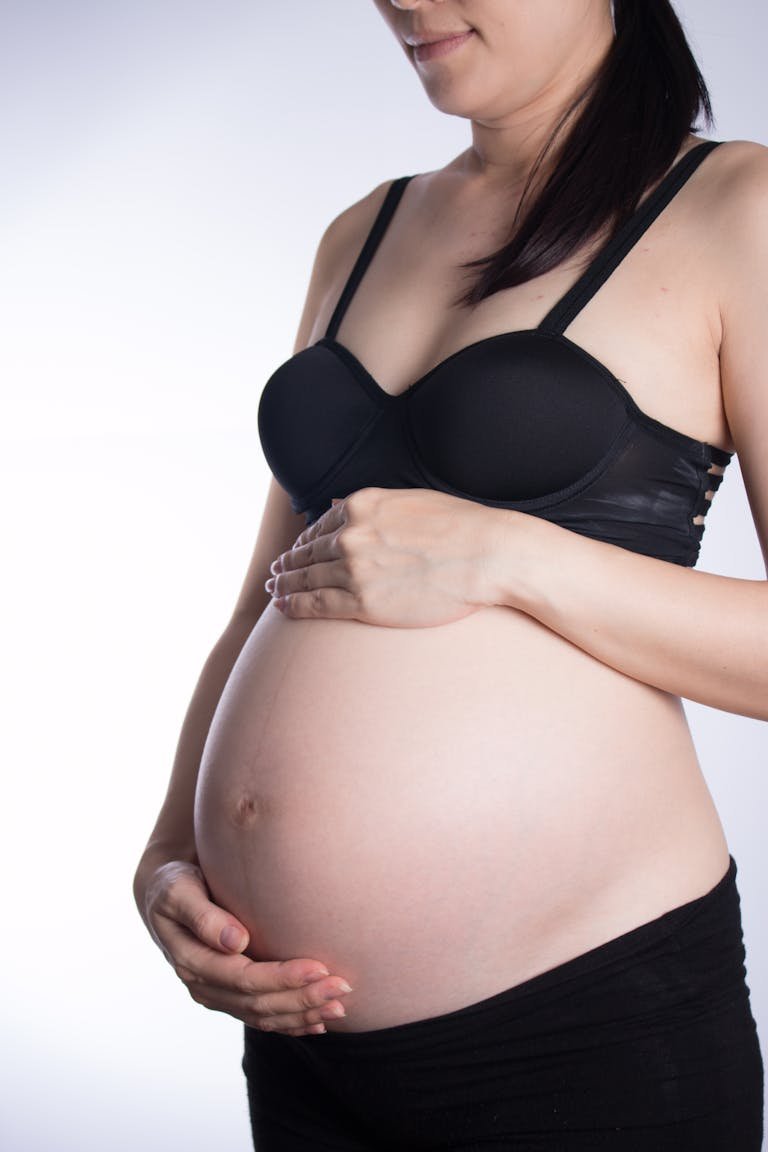Weeks 1-4 of Pregnancy
Week 1 Pregnancy Symptoms

It’s the start of your pregnancy journey, but technically, you’re not pregnant just yet! Your body is preparing for ovulation, and while you may not feel anything out of the ordinary, it’s a good time to start thinking about your health. Make sure you’re getting plenty of vitamins and minerals, particularly folic acid, and start cutting out any bad habits like smoking or alcohol.
Although this is considered week one, there’s no need to rush into anything. Focus on relaxing and preparing your body for what’s to come. Whether you’re actively trying to conceive or just thinking about it, now’s the time to plan and prioritise self-care.
Week 2 Pregnancy Symptoms

This week, your body is preparing for ovulation. You might notice an increase in cervical mucus or slight cramping, which are both normal signs of ovulation. It’s a good time to pay attention to these signs, especially if you’re trying to conceive.
You’re likely full of hope and anticipation, as you’re now at the stage where conception could happen. Keep looking after yourself by staying hydrated and eating a balanced diet. Now’s a good time to make sure you’re getting enough rest as well.
Week 3 Pregnancy Symptoms

Congratulations, conception may have happened this week! Although it’s still early days and you won’t feel any different, an egg may have just been fertilised and is starting its journey to implant in your uterus. There may be some very early signs like light spotting or cramping, but most people won’t notice anything yet.
You might already be wondering, “Am I pregnant?” but it’s too early to take a test just yet. In the meantime, keep taking your prenatal vitamins and avoid anything that could harm the early development of your baby, like alcohol or smoking.
Week 4 Pregnancy Symptoms

By week four, the fertilised egg is now a tiny ball of cells and has implanted in your uterus. You might start noticing some early pregnancy symptoms, such as a missed period, slight nausea, or breast tenderness. However, some people won’t feel any different at all. You’re more likely to notice these symptoms if you’re looking out for them, but you are also likely to mistake normal period onset symptoms as early pregnancy symptoms too. The only thing that can really confirm a pregnancy is a test.
This is an exciting and nerve-wracking time. If you’ve been actively trying to conceive and a test comes back positive, congratulations! Now is a good time to book your first GP appointment and start thinking about your pregnancy journey ahead. If your pregnancy was not as planned or expected, you may have some equally unexpected feelings about it. Don’t delay in reaching out to your healthcare provider to seek support as there are many services that can help even at this early stage.
Read more from Pregnancy Pal
-
Is It Normal to Feel Exhausted in Early Pregnancy?
Exhaustion in early pregnancy can feel overwhelming. Many people are surprised by how intense fatigue can be, particularly in the first trimester. Feeling extremely tired in early pregnancy is common and usually linked to hormonal changes. Early pregnancy exhaustion is not the gentle sort of “I stayed up too late watching telly” tired. It is…
-
Pregnancy Bra Fitting Guide: How to Get the Perfect Fit
If someone had told me that getting fitted for a bra would be one of the most helpful things in pregnancy, I might have blinked slowly and nodded while scrolling Instagram. But let’s be honest, when your body is doing the most dramatic redesign since puberty, a bra fitting in pregnancy moves from “optional” to…
-
Why Do My Breasts Hurt in Early Pregnancy?
Breast tenderness is often one of the earliest signs of pregnancy. For some people it is mild discomfort or an unusual tingling sensation around the breast, while for others it can feel surprisingly intense, making everyday movement uncomfortable. When this pain appears early on it can raise questions about what is normal and whether it…



